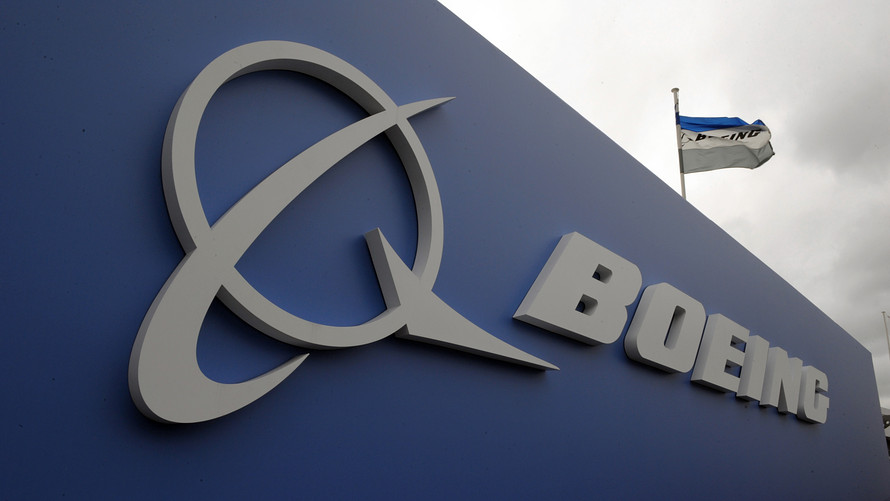
Stocks closed mostly lower after a volatile session Tuesday as oil prices cratered, dragging the energy sector sharply lower, and a resolution of the U.S.-China trade war remained elusive.
Major indexes had bounced back in the morning as large-capitalization technology names appeared to have regained their footing after the Dow and the Nasdaq suffered triple-digit losses in the previous session but the market failed to take advantage of the early momentum.
How did the benchmarks fare?
The Dow Jones Industrial Average DJIA, -0.40% slid 100.69 points, or 0.4%, to 25,286.49; the S&P 500 SPX, -0.15% fell 4.04 points, or 0.2%, to 2,722.18; while the Nasdaq Composite Index COMP, +0.00% edged up 0.1 point to 7,200.87.
What drove the market?
December West Texas Intermediate oil CLZ8, -0.25% tumbled 7.1% to settle at $55.69 a barrel, finishing at the lowest for a front-month contract in almost a year and falling for a record 12th straight session, according to FactSet data.
Some investors are viewing the weakness in oil as a sign of sluggish global economic expansion.
President Donald Trump may have also helped to exacerbate a selloff in crude-oil prices after he voiced disapproval over a potential production cut by Saudi Arabia and OPEC, and tweeted that prices “should be much lower based on supply!”
Meanwhile, hopes over moderation in trade tensions between the U.S. and China initially helped to inject some optimism into the market following a Wall Street Journal report that Treasury Secretary Steven Mnuchin spoke with Chinese Vice Premier Liu He on Friday about a possible resolution to the continuing trade spat. The talk between the officials comes ahead of a scheduled meeting between Trump and President Xi Jinping set for the end of the month at the G-20 summit in Buenos Aires.
On Monday, there were media reports that Trump was focusing on imposing tariffs on automobile imports and internally circulating a draft report from the Commerce Department on auto tariffs, a move that could further escalate the animus between the U.S. and the rest of the world.
What were strategists saying?
“Tailwinds that powered the market earlier this year, like synchronized global growth and loose monetary policy, have officially turned into headwinds,” Eric Wiegand, senior portfolio manager at U.S. Bank, told MarketWatch.
“The real struggle for equity prices now are the highly visible potential for policy errors,” Weigand said, arguing that investors are rightly concerned that the Trump administration will fail to achieve a rapprochement with China on trade issues, and that the Fed will raise rates too aggressively, even as inflation pressures appear to be easing.
Reports that Mnuchin spoke with China’s Liu about trade issues helped to buoy stock prices, Wiegand said. “But investors are becoming more unresponsive to headlines” that suggest a potential easing of trade sessions, but lack information about concrete steps to reduce trade barriers.
“We need actual comments from both Trump and Xi that trade talks have progressed in order to build a reasonable foundation” for a sustained rally, said Mike Antonelli, an equity sales trader at Robert W. Baird & Co.
“After Monday, the S&P 500 now has logged 49 plus/minus 1% moves in 2018. That’s way more than 2017 [at] eight, but it’s not abnormal compared with recent years,” said Frank Cappelleri, an executive director at Instinet, in a note.
“On a 12-month rolling basis, this is just about average. We expect the big moves to continue, along with volatility,” he said.
Which stocks were in focus?
Boeing Co. BA, -2.11% dropped 2.1% after the Wall Street Journal reported that the aircraft manufacturer withheld information from airline managers and pilots regarding a new stall-prevention system added to two of its airplane models. The new feature may have been a factor in last month’s Lion Air jet crash in Indonesia.
Shares of Home Depot Inc. HD, -0.24% edged up 0.2% on better-than-expected quarterly results.
Apple Inc. AAPL, -1.00% extended losses to fall 1% after Lumentum Holdings Inc. LITE, +3.87% cut its earnings and revenue outlook Monday, saying it received a request from “one of its largest industrial and consumer customers for laser diodes for 3D sensing” to “materially reduce shipments,” which many believe is Apple.
Amazon.com Inc. AMZN, -0.35% shares shed 0.4% after the e-commerce giant selected Northern Virginia and New York City for its second and third corporate headquarters.
Shares of Tyson Foods Inc. TSN, -5.58% were down 5.6% after the processed-foods company reported fiscal fourth-quarter revenue below Wall Street expectations, and issued weak guidance.
Shares of Advance Auto Parts, Inc. AAP, +10.57% surged 11% after the firm beat third-quarter estimates and raised its full-year 2018 guidance.
Johnson Controls International PLC JCI, +1.73% shares rose 1.7% after the commercial services firm announced that it will sell its Power Solutions business to Brookfield Business Partners for $13.2 billion in cash.
Vodaphone Group PLC VOD, +8.02% jumped 8% following an earnings call in which new Chief Executive Nick Reed assured investors that the company wouldn’t cut its dividend, and could even increase payouts to shareholders as it works to cut costs and leverage.
What data were in the spotlight?
The National Federation of Independent Business small-business optimism index declined 0.5 points to a seasonally adjusted 107.4 in October, a four-month low.
The U.S. ran a $100 billion deficit in October, wider than the $63 billion deficit recorded in October 2017 as spending rose by double digits and receipts only increased by 7%, according to the Treasury Department.
What were other markets doing?
Asian markets were mixed while European stocks were mostly higher. The dollar, measured by the ICE U.S. Dollar Index DXY, +0.17% softened and gold GCZ8, +0.07% settled lower.
